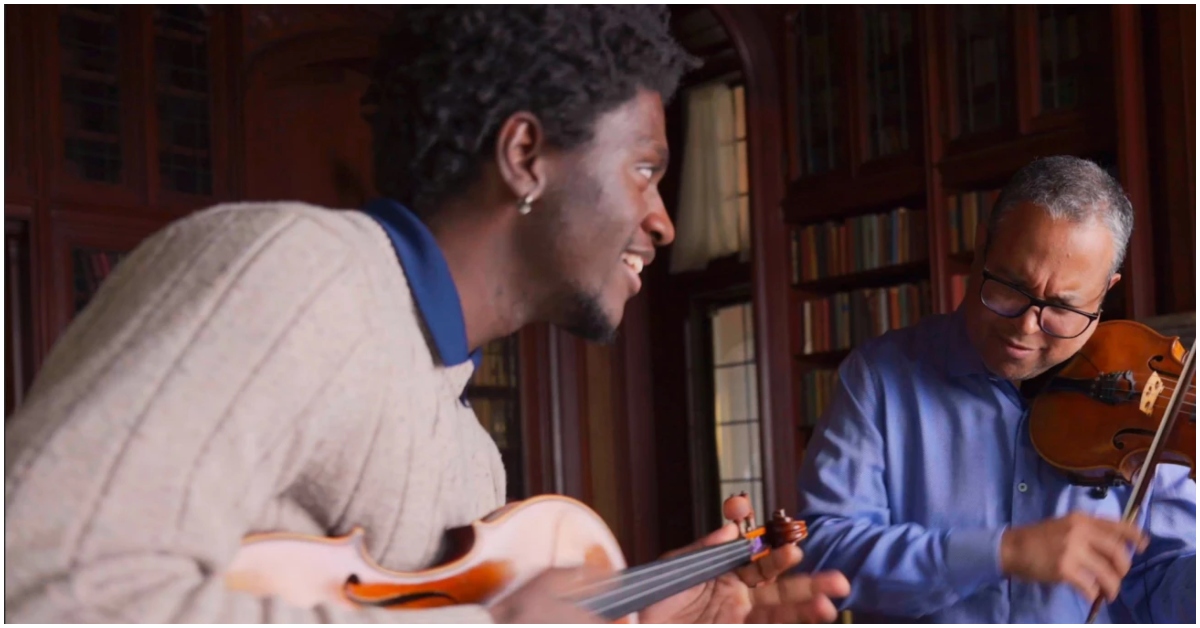Unearthing a Musical Trailblazer
In a remarkable discovery, the story of Sawney Freeman, a musician who lived in Connecticut over 200 years ago, has come to light. Sawney Freeman is believed to be one of the earliest published Black composers in the United States, shedding light on a forgotten chapter in American musical history.
Records reveal that Sawney Freeman, also known as Sawn or Sawney, was likely born into slavery in the 1770s. A newspaper advertisement from 1790 described him as an enslaved musician who had run away, taking his fiddle with him.
“As part of that ad, he said, Sawney is a fiddler. And he took with him a fiddle,” explained Jim Myslik, a member of St. John’s Episcopal Church in the town of Essex.
A Composer and Musician Ahead of His Time
While Sawney Freeman was later emancipated and worked primarily as an agricultural worker, his true passion lay in music.
In 1801, an advertisement appeared in the Connecticut Journal promoting a publication titled “The Musician’s Pocket Companion,” written by Sawney Freeman, a free man of color from Connecticut.
“This makes Sawney Freeman one of the earliest published Black composers in the United States,” Myslik stated.
Years later, parishioners at St. John’s Episcopal Church uncovered their community’s historical ties to slavery and stumbled upon Sawney Freeman’s forgotten musical legacy. An online database of American music collections listed a manuscript containing compositions attributed to him, part of a library collection in Connecticut.
Bringing Sawney Freeman’s Music to Life
Determined to honor Sawney Freeman’s contributions, the church worked tirelessly to digitize the fragile documents and transcribe the notation into a format that contemporary musicians could perform. In February, St. John’s gathered a group of musicians for the first-ever recording of Sawney Freeman’s works, breaking centuries of silence.
“An early Black composer composing these works. This is, like, revolutionary,” exclaimed 19-year-old violinist Briana Almonte, who participated in the recording.
A Voice from the Past Resonates
As the notes once penned by Sawney Freeman filled the air, musicians like violinist Ilmar Gavilan of the Grammy-winning Harlem Quartet felt a profound connection to this unsung pioneer.
“A Black violinist myself, I was very surprised… You just think back, oh, my gosh, that really did exist. I’m not alone. Somebody else was in love with the violin,” Gavilan shared.


